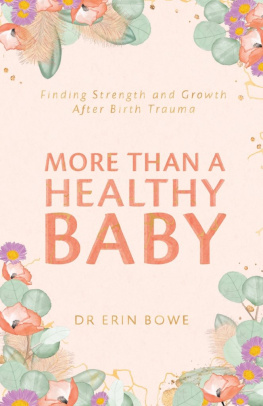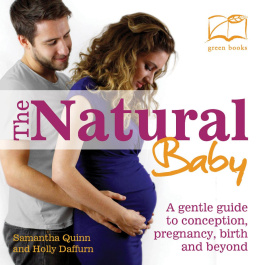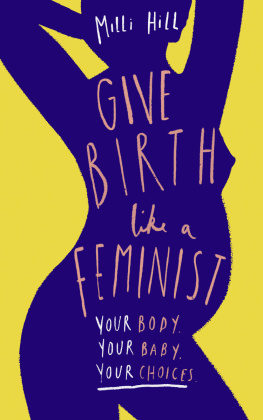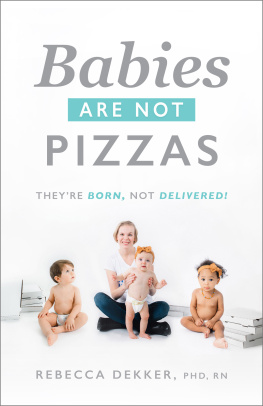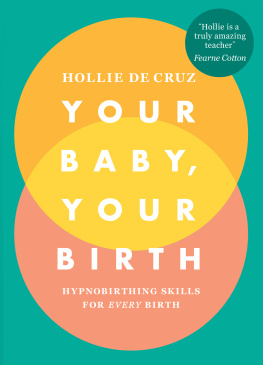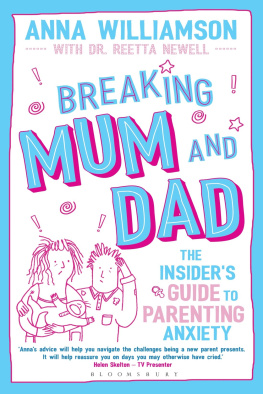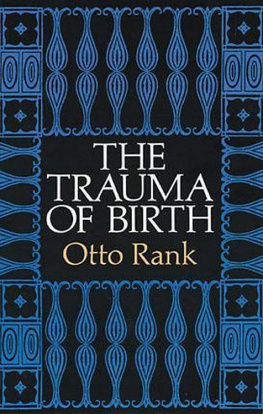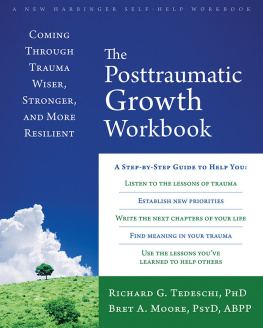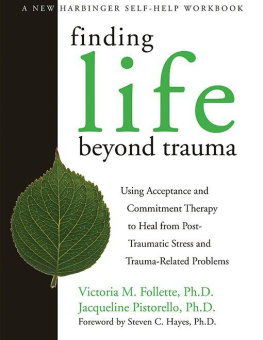

Copyright 2020 Dr Erin Bowe
First published by the kind press, 2020
All rights reserved. No part of this book may be reproduced, stored in a retrieval system or transmitted in any form or by any means, electronic, mechanical photocopying, recording, or otherwise, without written permission from the author and publisher.
This publication contains the opinions and ideas of its author. It is intended to provide helpful and informative material on the subjects addressed in the publication. While the publisher and author have used their best efforts in preparing this book, the material in this book is of the nature of general comment only. It is sold with the understanding that the author and publisher are not engaged in rendering medical advice or any other kind of personal professional service in the book. The author and the publisher expressly disclaim responsibility for any adverse effects arising from the use or application of the advice and information in this book. In the event that you use any of the information in this book for yourself, the author and the publisher assume no responsibility for your actions.
Cover design, illustrations and typeset by Elle Lynn
Author photo by Kim Selby

ISBN 978-0-6488706-7-8 (Paperback)
ISBN 978-0-6488706-8-5 (ebook)
Dedication
For my daughters, Stella and Lily. Without their bold, dramatic entrances into this world, I simply wouldnt have written this book. You both remind me time and time again that I am strong. That if I can thrive after two difficult births, then I actually can do anything. And guess what, dear reader, my biggest hope for you is that you see this in yourself too.
Contents
Note About Language, Gender and Bias in This Book
I fully acknowledge that Im a white, heterosexual, overeducated cisgendered woman. Most of what I know about trauma is filtered through the lens of white Western medicine. I fully acknowledge that I have privilege and that I get to show up in places to talk about trauma where I feel safe and heard. I want to acknowledge that this may not be your experience, and I want you to feel welcome. For this reason, I choose to use the word they instead of singular, gendered pronouns. I also use the term birthing woman rather than mother (though I do use those terms too). Please know that if you are someone who has given birth and you do not identify as a woman, my intention is not to exclude you, but to simply provide a phrase that is easily understood and translatable.
I acknowledge that the history of Western medicine has often relied on the abuse and torture of Black, Brown, Asian and Indigenous people. I acknowledge the traditional owners of the land I am on as I write, the Wurundjeri people.
There is an awful lot about trauma and birth that I dont know. My aim is to be inclusive and acknowledge that trauma is truly intersectional. Im doing my best, and I acknowledge Ill make mistakes and get it wrong sometimes.
NOTE ABOUT REFERENCES TO BABIES
This book is written on the premise that most readers will have a living baby or babies. If your traumatic birth ended in infant loss or you dont have your baby with you for whatever reason, Im acknowledging your pain. Its not my intention to exclude or make assumptions.
I hope this will still be a helpful book, and you are not overlooked or forgotten about. I honour the parent who has to get into a car with an empty baby capsule, or who has to go home and decide whether and when to pack up a nursery for a little soul who isnt coming home. I see you, going to your six-week check-up with no baby. I see you wanting to go to a postpartum exercise class and dreading the questions about how old your baby is. Be gentle with yourself.
NOTE ON THIS BEING A SWEARY BOOK
I never used to swear. In fact, I was regularly mocked by my friendship group at uni for being a good girl who didnt swear. Then I fucking gave birth and had children! As I get older, Im moving away from rules about what is ladylike and professional because I think some of these social mores are deeply rooted in patriarchy.
I wont apologise for swearing, but I will say this. There is research which demonstrates that swearing when youre in pain can help you feel less pain. When I was researching one of my podcast guests, the fabulous Mars Lord, I watched a video of her presenting at a doula conference and she gave this advice to one of her clients. Gently suggesting she not say shit as she birthed her baby, but instead said fuck. Why? Because shit is a tense, tight word. Fuck gets you to breathe more used air out, and open your mouth more. A fun fact, if you were unaware: tension in your jaw directly equates to tension in your pelvis.
Youll know by now after reading this page whether this book is for you or not!
NOTE ON THE COVER DESIGN
I am forever fortunate that I chose a publisher and design team who understood how much I did not want a stock image of a sad-looking woman staring out of a window. The florals on the cover were specifically chosen, and hand-illustrated, to reflect growth. A large portion of this book was written around the time of the Australian bushfire crisis in the summer of 2020. After a bushfire, certain trees and flowers regenerate and sprout new, lush foliage. Some ecosystems even thrive from fire. Australian eucalypts, banksias, Oregon daisy and the Californian fire poppy are all plants that thrive after incredible adversity.
Youll also see some gold cracks. Kintsugi is an ancient Japanese art of taking precious broken objects and mending them with gold so they are stronger and more beautiful. The cracks are also reminiscent of the stretch marks that many of us carry after growing, birthing and nourishing babies. Let this be a reminder that you are not broken. You are strong, resilient and capable.
introduction
All that matters is a healthy baby.
How many times have you heard this and felt enraged? Forgotten about? Misunderstood?
Of course a healthy baby matters, but there is so much wrong with this statement. What about the birthing woman? Why are we being conditioned to use this reductionist language? Perhaps because theres so much going wrong for birthing women within our systems?
And what is healthy, exactly? A pink, chubby baby who has a loud scream and a good Apgar score? We are beginning to discover so much more about infant mental health that goes beyond observation. It wasnt very long ago that scientists didnt believe babies were real humans yet. They assumed that babies didnt feel pain. Now we are able to measure cortisol levels (stress hormones) in babies saliva and understand that beneath the surface, a quiet, calm-looking baby might actually be highly distressed. The same is also true for a birthing woman. When trauma happens, people frequently have a freeze and appease survival response and become quiet, agreeable and placid. This then creates inner turmoil later when they ask themselves Why didnt I speak up? Why didnt I fight back?. I have much more to say about this topic.
I wanted to write a book that would make the reader feel not only validated and supported, but also encouraged. I wanted the reader to pick the book up and feel lighter, not heavier. To think this is delightfully unexpected. Trauma work is hard, but it doesnt have to be all shadow. There is lightness to be found in the work without making light of it. This is what the impact I hope to make is all about.

